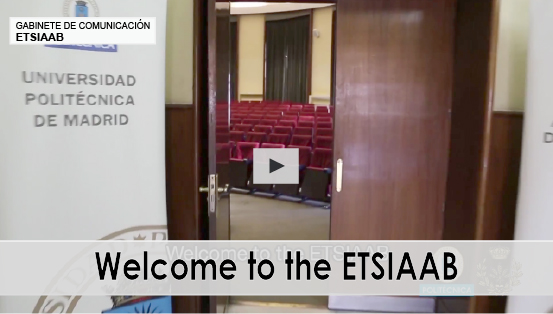About the ETSIAAB

The ‘Escuela Técnica Superior de Ingeniería Agronómica, Alimentaria y de Biosistemas (ETSIAAB)’ at the ‘Universidad Politécnica de Madrid (UPM)’ was born as ‘Escuela Central de Agricultura’ in 1855, and was the only higher education centre of agricultural engineering in Spain for more than a century. Nowadays, the ETSIAAB is considered to be an international reference centre in its fields and continues its work promoting agricultural and food activity development and technification. Its buildings comprising it and its more than 16 hectares of the experimental fields are located at the ‘Campus de Excelencia Internacional Moncloa’ in the ‘Ciudad Universitaria’, Madrid.
OUR VALUES
- Contribution to society through production and transfer of knowledge.
- Innovation in the learning process.
- Integration of Engineering, Science, and Technology.
- Promoting teamwork and participation.
- Honesty, impartiality, and respect for people and equal opportunity.
- Contribution to environmental, social and economic development.
- Responsibility for food security and sustainable production.
- Development cooperation and internationalization.


